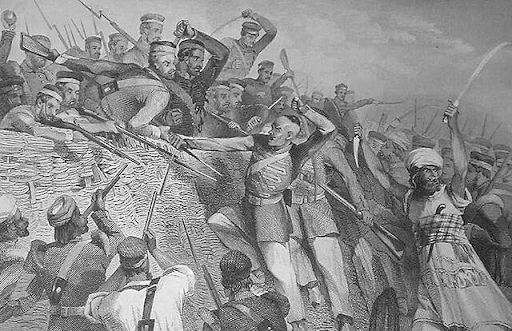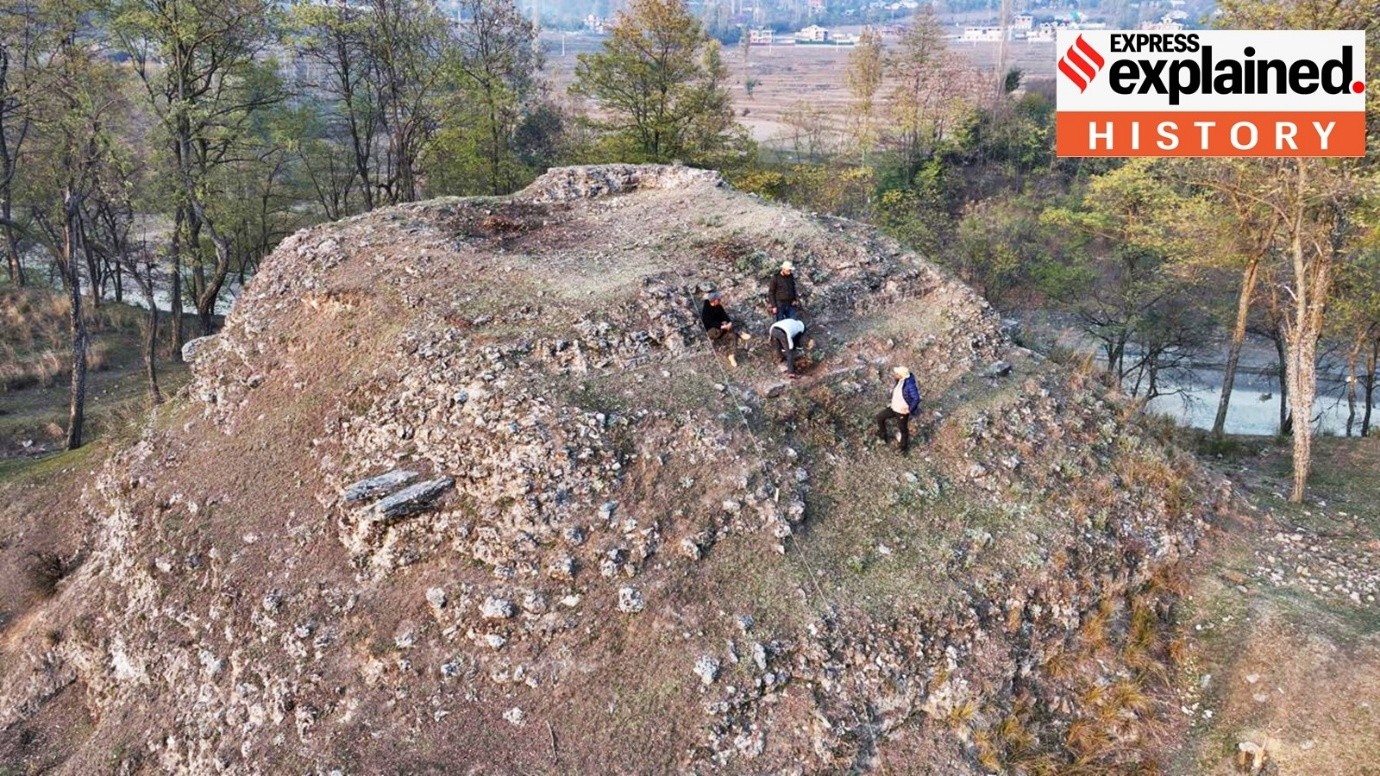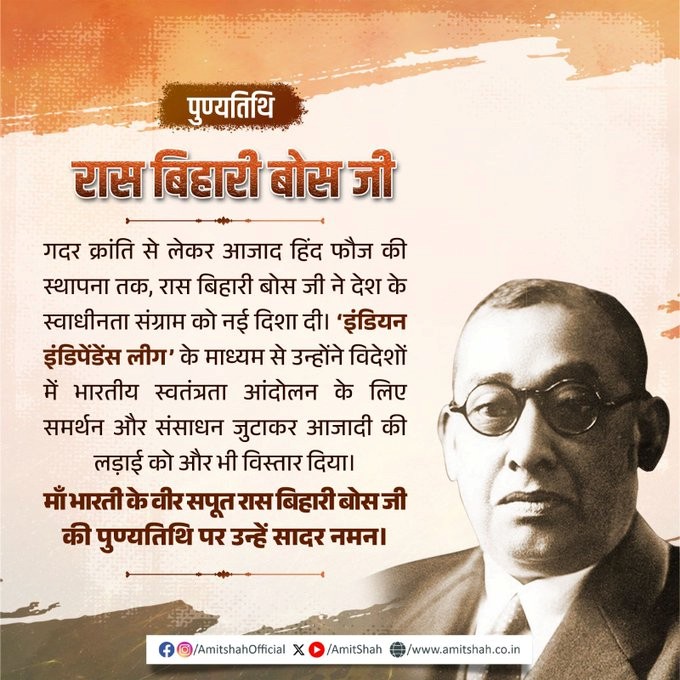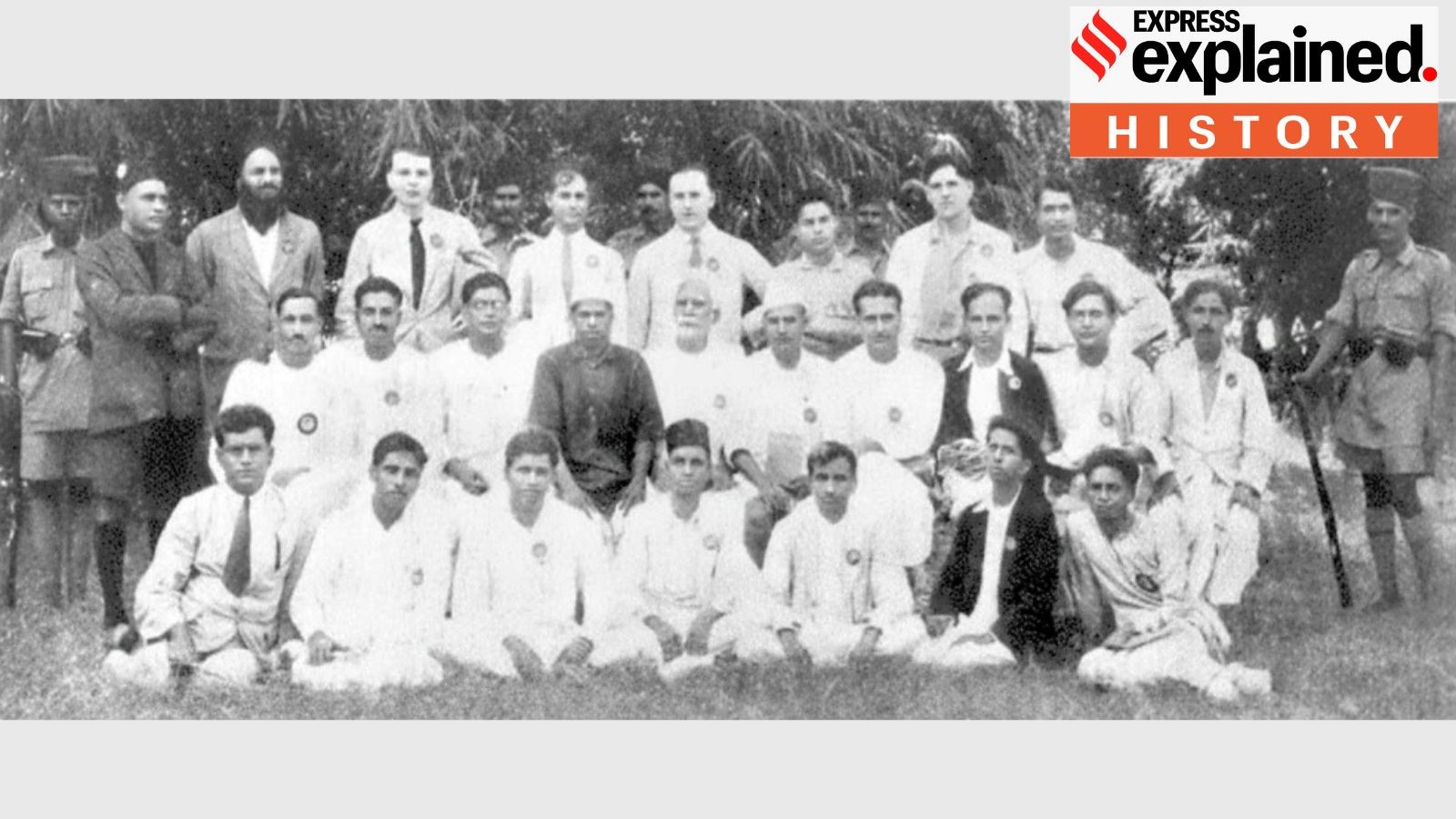



Former Odisha Chief Minister Naveen Patnaik has fiercely opposed to the omission of the 1817 Paika Rebellion from NCERT's new Class VIII history textbook, calling it a "huge dishonour" to the courageous Paikas.

Copyright infringement not intended
Source: Odishalive
The latest Class 8 history textbook from NCERT omits the Paika Rebellion of 1817, causing political backlash in Odisha.
The Paikas, who were the traditional militia and landlords of Odisha, lost their rent-free land grants due to the British land revenue reforms. This undermined their social and economic position, creating deep resentment.
The British refusal to recognize the authority of local Odia kings and the destruction of Barunei Fort—an important cultural and military site—shattered local pride and identity, fueling anger among the population.
The introduction of new currency systems and excessive taxation by the British placed heavy financial burdens on the local people, particularly peasants and the Paikas, deepening economic distress.
The British control over the salt trade severely affected the livelihood of hill and tribal communities, who traditionally relied on salt production and trade for survival.
The rise of absentee Bengali landlords, empowered by British policies, worsened tensions between peasants and landlords. This, combined with tribal discontent, escalated the situation into open rebellion.
Source: Indian Express
Practice Question:Q. The Paika Rebellion, often considered as one of the first armed uprisings against British colonial rule in India, took place in which year? A) 1806 Answer:B) 1817 |





© 2026 iasgyan. All right reserved